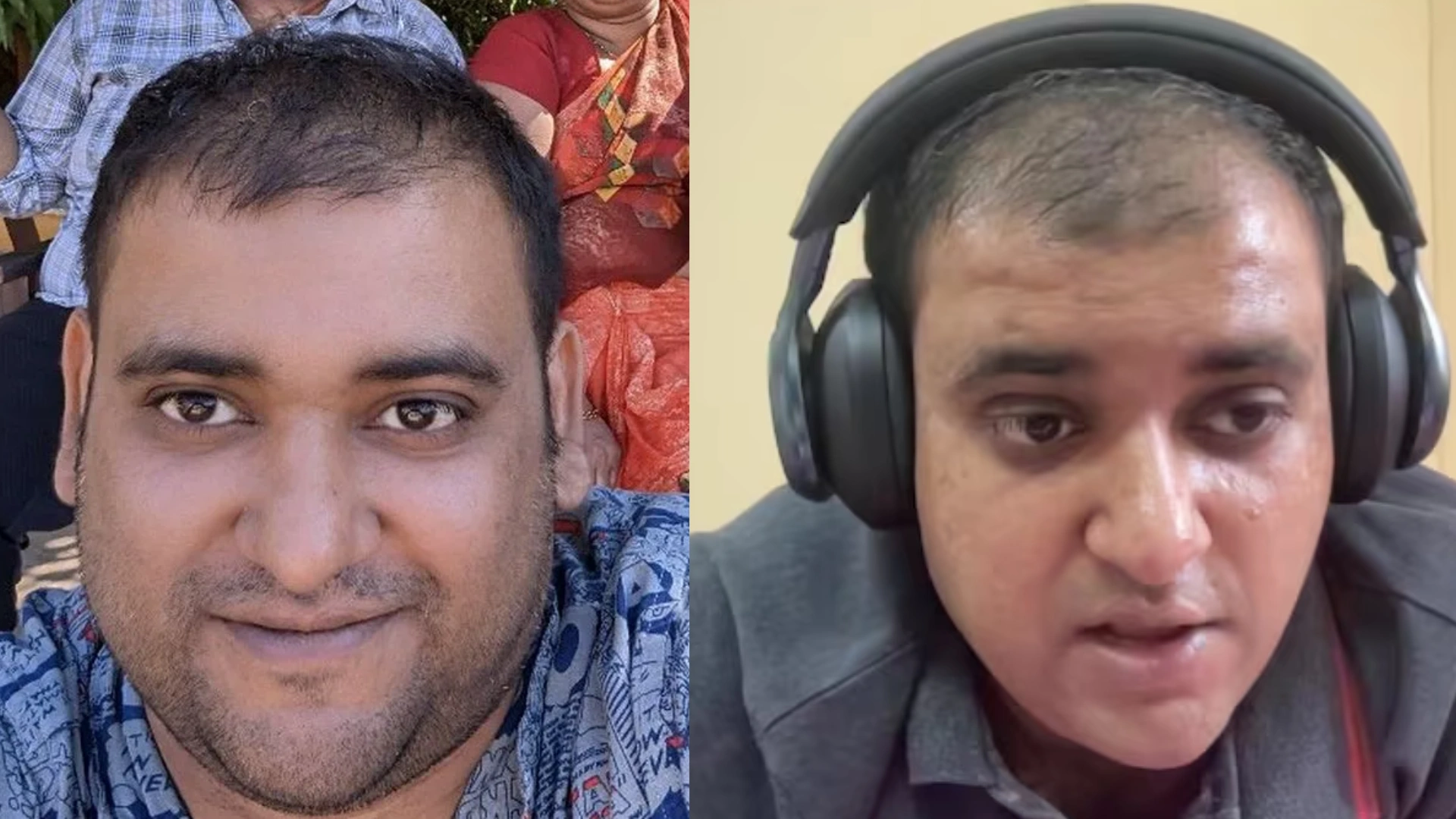In a striking interview, Sanjay Verma, India’s High Commissioner to Canada, shed light on the complex and contentious dynamics between India and Canada. He alleged that certain Khalistani extremists operate as deep assets of the Canadian Security Intelligence Service (CSIS), suggesting a tacit support from the Canadian government. This revelation comes amid escalating tensions between India and Prime Minister Justin Trudeau’s administration, prompting serious questions about Canada’s diplomatic approach toward India.
Troubling Connections and Allegations
Verma’s comments follow a controversial declaration by Gurpatwant Singh Pannun, a prominent figure in the Khalistani movement, who claimed to have briefed the Canadian government on the Nijjar killing case for three years. This raises alarming concerns about potential connections between Khalistani elements and Trudeau’s government, further complicating the diplomatic landscape.
The Seriousness of the Situation
During an exclusive discussion with NewsX Editor Uday Pratap Singh and former diplomat Amb. Pradeep Kapur, “Verma emphasized the gravity of the current diplomatic crisis. He warned that the Canadian government’s actions signal a downward spiral in its relations with India.” Hefurther added. “If Trudeau’s government were to fall a possibility many are considering similar issues may persist under new leadership, underscoring a deep-rooted challenge in Canada’s approach to India.”
Exposing Western Hypocrisy
Adit Kothari, a founding member of the INDIC Society, criticized the West’s hypocrisy regarding terrorism. He pointed out the contradictions in Canada’s stance: “It’s like saying, ‘You know my terrorist is your terrorist, but your terrorist, your criminal, your thugs are my political asylum seeker, my citizens.'” This double standard, he argues, has been inadequately addressed by other nations, with India taking a leading role in calling it out.”
He also said that, “This inaction violates the Vienna Convention, which mandates host countries to ensure the safety and respect of foreign diplomats. The failure of both Canada and the U.S. to act has exposed their own shortcomings regarding international diplomatic norms.”
Future Relations: A Bleak Outlook
Alok Banasal further sadded that, “the need for the Canadian public to comprehend the underlying motivations of Trudeau’s government, noting that the Prime Minister has been pandering to Khalistani sympathizers to secure his position. He predicts that relations between India and Canada are unlikely to improve soon, cautioning that the diplomatic rift may deepen. The repercussions will disproportionately affect Canadian citizens of Indian origin and Indian nationals residing in Canada, who may face increased challenges with visas and travel.”
As the diplomatic fallout continues, the implications for both countries are profound. Canada’s handling of its relationships with extremist elements raises serious questions about its commitment to international law and diplomatic integrity. As this situation evolves, it remains crucial for both the Canadian government and the public to reassess their positions and the broader implications for national and international security.
ALSO READ: Kashmir Pakistan Nahi Banega’, Says Farooq Abdullah After J&K Attack


















